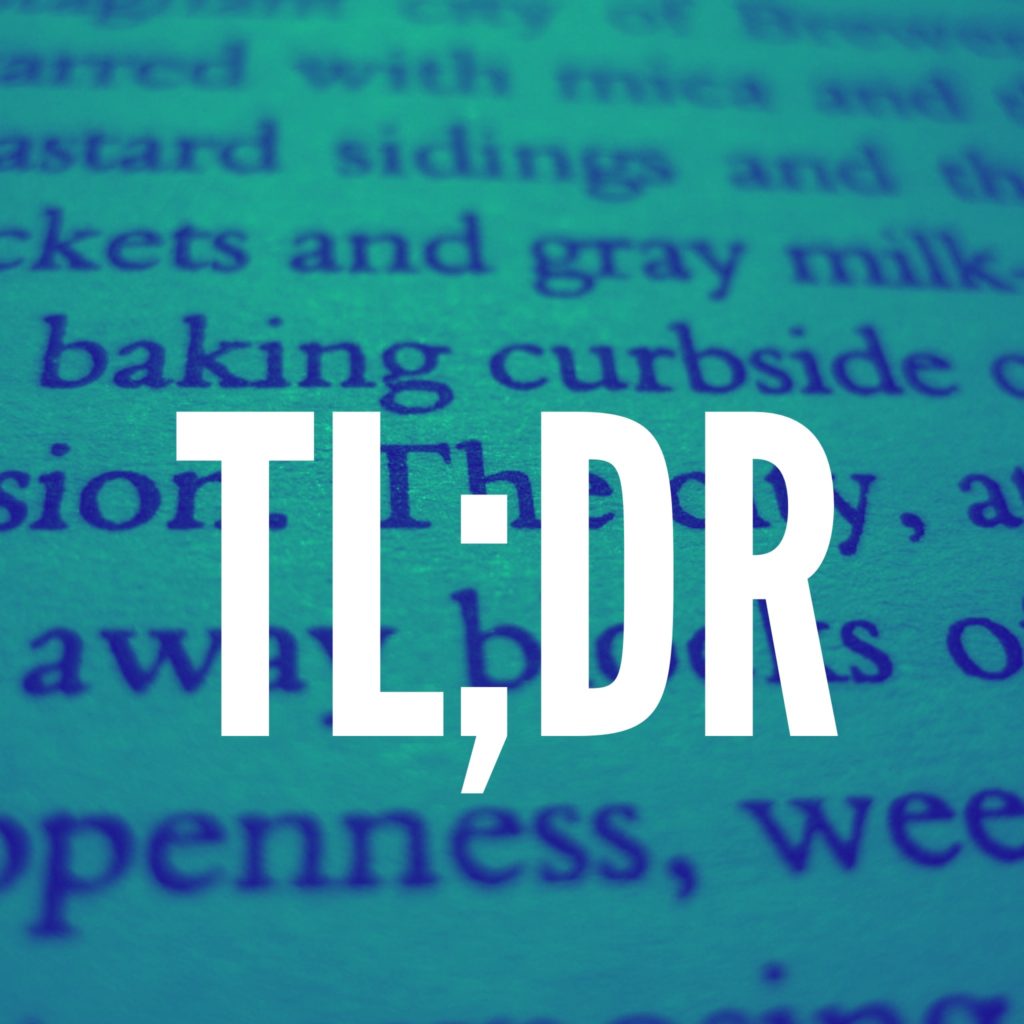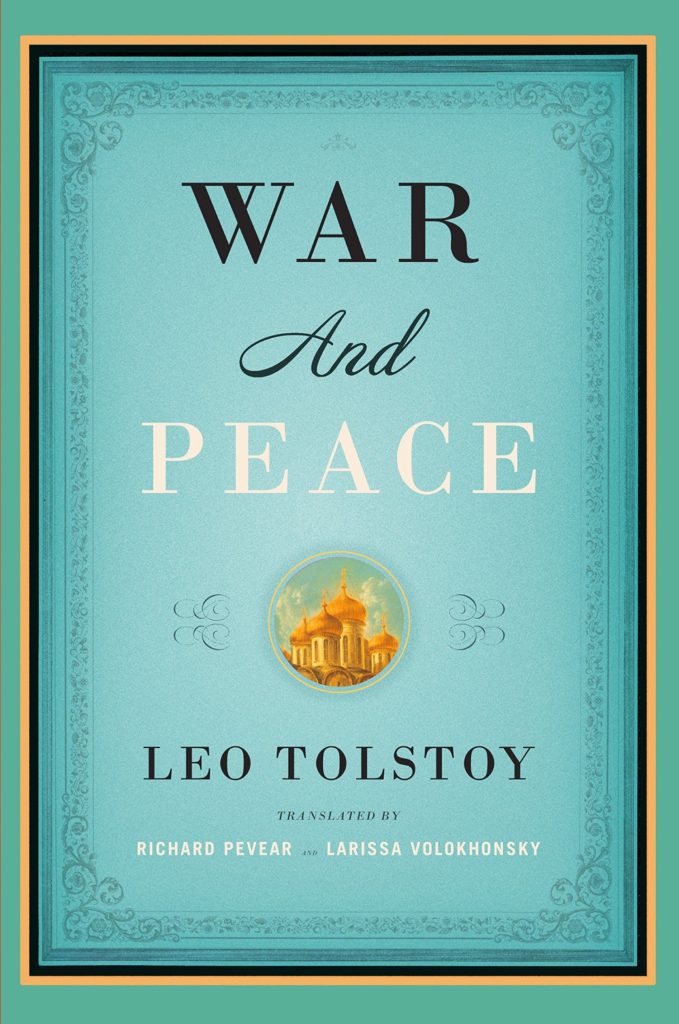I’ve been a professional writer for 40 years, and an editor for almost as long. I value clarity, brevity and simplicity in the written word (and the spoken word, but that’s another story).
I happen to agree with the words of former US President Thomas Jefferson, who once said: “The most valuable of talents is that of never using two words when one will do.”
But I was horrified last week when I discovered what the acronym TL;DR stands for. I’d seen it several times in the subject line of emails I receive from a tech company, but had never stopped to think about what it means. Until now.
If you don’t know, TL;DR (sometimes rendered TLDR) stands for too long; didn’t read.
As a writer, I found that demoralising. Partly because the emails I’d received with the TL;DR subject line were hardly War and Peace; partly because TL;DR has now graduated from internet slang to established dictionaries; and partly because it symbolises the way in which social media has further reduced people’s ever-decreasing attention spans.
Yes, we all have demands on our time – so it’s good to have summaries. But to wave the TL;DR flag and give up on a more substantial piece of writing – that sucks.
With the world in its current state, surely it’s more important than ever to dive into the long reads, the weeds, and the in-depth investigative reporting?
And what about War and Peace? Does this mean that millennials might be the last generation to plough through Tolstoy’s tome? (Full, possibly embarrassing, disclosure: I haven’t read it myself, but I did watch the TV dramatisation.)
Wikipedia defines TL;DR as “a shorthand notation added by an editor indicating that a passage appears too long to invest the time to digest it.” Does it need to be that long? If the answer is yes, then it should be worth investing the time to digest it.
It can also be used to indicate “excessive verbosity”. Why? Just edit it out.
And, on the more sinister side, “it can be misused as a tactic to thwart collaborative editing or a stoop to ridicule”. Great – another way to be mean to people online.
The use of TL;DR in this context feels like part of cancel culture.
And now I read that Facebook is about to introduce an AI tool that will read news articles for you and provide the bullet points. I’m all for cutting to the chase, but I would argue there’s a danger that this kind of tool will strip out all nuance and further erode people’s ability to think for themselves.
However, what does amuse me about TL;DR is its embrace of the semicolon – that much-maligned punctuation mark, which many people no longer use, or don’t understand how to use. (FYI: a semicolon can help you join closely connected ideas in a sentence, and can also break up a list that contains longer phrases – see paragraph above.)
So, to conclude, I would like to nominate my own, alternative, acronym (complete with semicolon):
LR;WI
Long read; worth it.


I was shocked to read your article, Bev because it’s other people deciding what we can and cannot read by eliminating nuance and complexity.
A more sinister thought came to me which is to stifle disagreement and debate and dialogue.
Humans don’t engage in bullet points! Ideas need to be explored and then reflect on them. How else are we to learn and expand?
I totally agree with you, Sue – this removal of complexity and nuance stifles our ability to debate, dialogue and learn. Thanks for your insights.
I’m with you on LR;WI!
I am not allowing an algorithm to read text for me. Especially when it’s a piece from a favourite author!
The crowd can go in the direction of TL;DR. It’s a shame they will miss out on high quality writing! I’m going in the opposite direction.